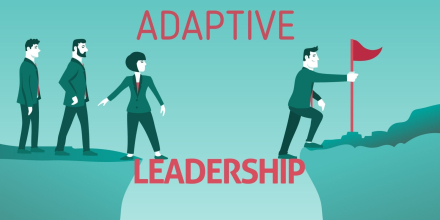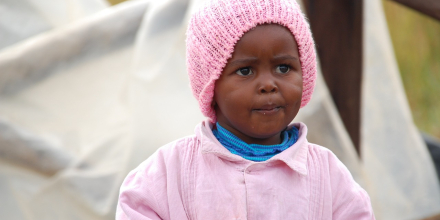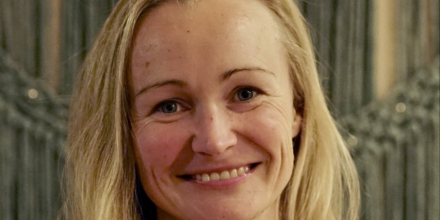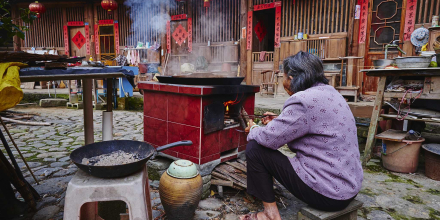PhD Seminars
Exercise of adaptive leadership by senior officials in the Australian public service as a Westminster-derived institution
This PhD research project aims to explore how Senior Executive Service officers in the Australian federal government make use of a specific leadership model, adaptive leadership (AL), in conceiving of and performing their roles. Findings suggest that where AL’s features are consistent with, or complementary to, Westminster-informed leadership mores, they operate more freely; but where they are inconsistent, AL is readily modified or even dislodged.

Does the feminization of agricultural labor empower women? Investigating gender dynamics and cropping system inside rural smallholder households in Bangladesh
Mashrufah Khatun’s thesis proposal review (TPR): ‘Does the feminization of agricultural labor empower women? Investigating gender dynamics and cropping system inside rural smallholder households in Bangladesh’.

A data-driven foundation for the management and monitoring of novel and endemic infectious diseases in Australia
Chloe Rice presents an overview of her PhD research on data-driven pandemic management.

The Enigma of Institutionalised Aid Securitisation in Somalia
In a post 9/11 security climate, aid securitisation became an instrumental tool in shaping security, political and stability paradigms in fragile states of geostrategic importance. This dissertation critically engages with the theoretical and practical implications of aid securitisation. This thesis examines the paradox inherent in institutionalised aid securitisation to establish the extent to which institutionalised aid securitisation facilitates or contributes to insecurity and instability in Somalia and the factors that exacerbate this dynamic. It positions aid securitisation as an enduring feature of the security, aid and development landscape in fragile states. The thesis uses securitisation theory as a lens to understand the complex interplay of the aid-security nexus in fragile states under a war on terror rubric. It challenges the perception of aid securitisation as a normative response to fragile states experiencing protracted conflict. The study does this to illustrate the impact of the promise, practice and effects of institutionalised aid securitisation across three sites of encounter: the dynamics between the centre and periphery, the political and security marketplaces, and the influence and role of the diaspora in political and security landscape. The research examines the dynamics between the normative, political and security realms and institutionalised aid securitisation to by exploring the dialectic relationship between the securitising actors and securitised subjects across the three sites. Using twenty-six in-depth qualitative interviews conducted in Ethiopia, Kenya and Djibouti, I interrogate the ways that institutionalised aid securitisation is encountered across the three sites of encounter in Somalia. Further, the findings challenge the implications of a normative response on securitised subjects and how the negotiate and exercise their agency in this dynamic. **Bio**: Arriving in Australia from Ethiopia, Yasmin possesses a deep-rooted passion for politics and international relations. With a robust academic background, Yasmin earned a Bachelor of Arts (Global), a Postgraduate Diploma in European and International Studies, and a Master of Arts (by Research) from Monash University. Additionally, she holds a Master of Diplomacy from the Australian National University (ANU). Yasmin’s PhD focuses on institutionalised aid securitisation and the complex relationship between foreign aid and terrorism in the Horn of Africa. Professionally, Yasmin has worked on diverse public policy issues (humanitarian program delivery, family violence; disability health reform; gender; youth; migration and settlement) and have a strong understanding of how to develop and implement effective policies and programs underpinned by delivering public value. **Panel Members**: Associate Professor Björn Dressel (Australian National University) Associate Professor Tim Legrand (The University of Adelaide) Professor Nicolas Lemay-Hebert (Australian National University)

Predicting volatility from commodity spillovers
Rubayat Chowdhury presents his research on the ability of commodity spillovers in predicting the stock and currency volatility.

Thesis Proposal Review Seminar The potential of schools to foster climate agency and transformation in regional Australia: a case study in Wagga Wagga, NSW
Tanja Russell presents a PhD Thesis Proposal Review (TPR) seminar about research on ‘The potential of schools to foster climate agency and transformation in regional Australia: a case study in Wagga Wagga, NSW’.

General equilibrium analysis of supply-side climate policy
Mi Lim Kim presents her research on the economic impacts of global coal taxes.

Gender disparities in the effects of clean fuels on health and domestic labour: Evidence from rural China
Yiyi Zhao presents her research on the effects of clean fuels on health and domestic labour in rural China.

The relationship between city density and labour productivity: an empirical investigation
Rentao Rao presents his research on the impact of city-level urban population size and density on economic efficiency in China.

Zombie businesses during the COVID-19 pandemic in Australia
Joel Bowman presents his research on whether the business support measures introduced in response to the COVID-19 pandemic disproportionately affected the performance and survival rate of zombie businesses in Australia.

- ‹ previous
- 2 of 35
- next ›
Updated: 18 July 2024/Responsible Officer: Crawford Engagement/Page Contact: CAP Web Team











